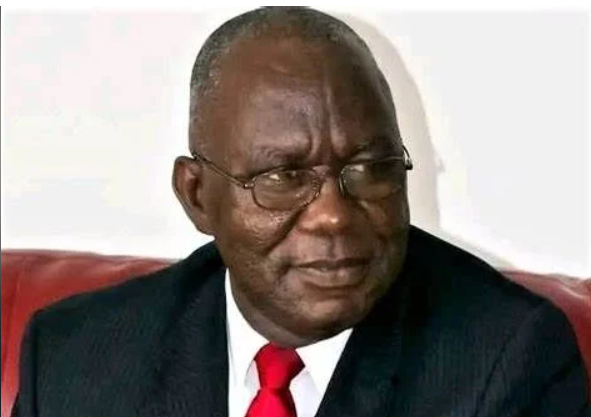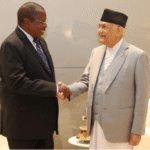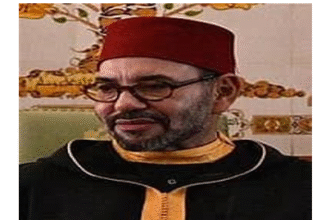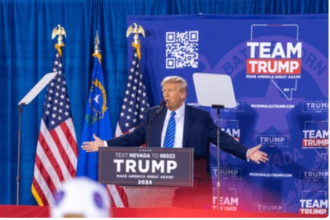By Sara Camara
Monrovia, Liberia – A recent audit by the General Auditing Commission (GAC) has uncovered serious financial irregularities involving the Liberia Telecommunication Authority (LTA) and a former Minister of State for Presidential Affairs, G. Wesseh Blamo. The audit, which covered the period from January 1, 2018, to December 31, 2023, found that Blamo directed the LTA to disburse nearly half a million U.S. dollars and over L$262 million to two companies, TAMMA Corporation and 231 DATA Incorporated, under the Liberia Digital Transformation Project (LDTP).
The LDTP, a flagship initiative aimed at modernizing digital infrastructure and public services, was initially implemented by TAMMA Corporation. However, on September 20, 2023, Blamo instructed the LTA to add 231 DATA Incorporated as an implementing entity. The LTA, then led by Acting Chairperson Ewina, transferred the funds to the project account for distribution to the two companies.
The audit revealed that an additional US$440,000 and L$262 million were paid directly to the companies from the project account. However, the GAC found that there was no evidence of a contract signed under the LDTP with TAMMA Corporation and 231 DATA Incorporated, nor was there a project document outlining the scope, timeline, budget, and work plan.
The GAC also raised concerns about the procurement process, stating that there was no documentation explaining how the two companies were selected for the project. Furthermore, there were no verifiable activity reports from either company to substantiate the work they were paid to perform.
The audit concluded that these gaps compromised transparency and accountability, and recommended that the LTA management provide clear justification for the disbursements. The GAC also called on management to produce proper project documentation, including contracts, work plans, and completion reports for all contractors.
In response to the audit findings, the LTA admitted that payments had been made without proper documentation. However, it defended its actions, stating that the Office of the Minister of State for Presidential Affairs had directed the LTA to expedite the implementation of the LDTP due to its “critical national importance.”
The LTA claimed that interim agreements were made outlining the scope of works, deliverables, and timelines, which were reflected in invoices submitted by the partners. The agency also claimed that it took steps to retrospectively formalize documentation and mitigate risks by selecting vendors with a “proven track record and established reputation in digital transformation.”
The GAC audit has raised concerns about weak internal controls, lack of due diligence, and opaque procurement practices under the previous administration. The findings have sparked calls for greater transparency and accountability in the management of public funds in Liberia.
The Liberian government has promised to take action to address the issues raised in the audit report. The Ministry of Finance and Development Planning has announced that it will conduct a thorough review of the LDTP and take necessary steps to ensure that all payments are properly documented and accounted for.
The incident has also sparked a national debate about the need for greater transparency and accountability in the management of public funds in Liberia. Civil society organizations and opposition parties have called for a thorough investigation into the matter and for those responsible to be held accountable.
The GAC audit report has highlighted the need for stronger internal controls and greater transparency in the management of public funds in Liberia. The government must take immediate action to address these issues and ensure that public funds are used for the benefit of all Liberians, rather than a select few.









